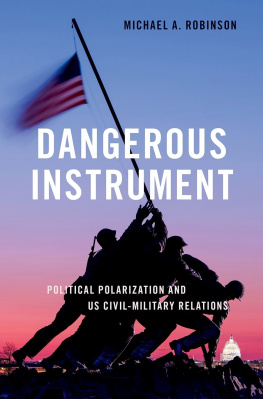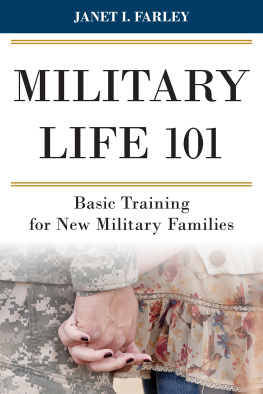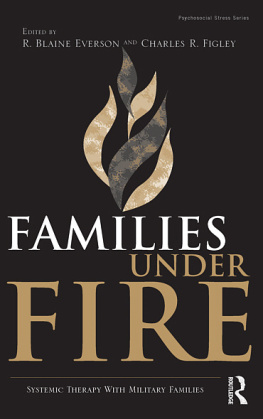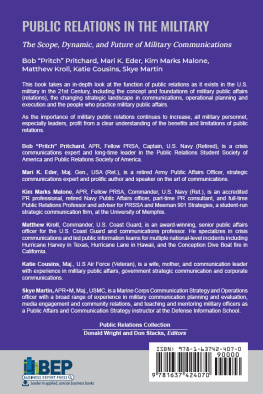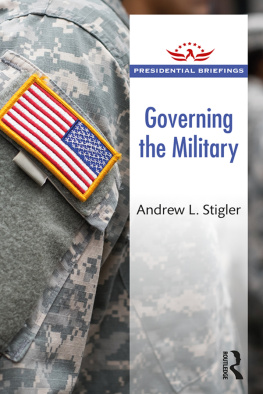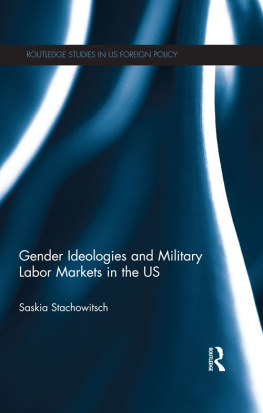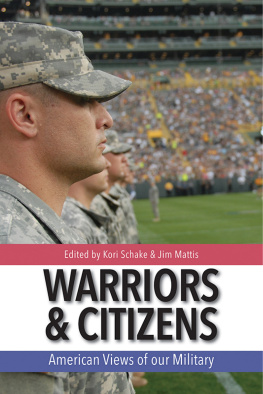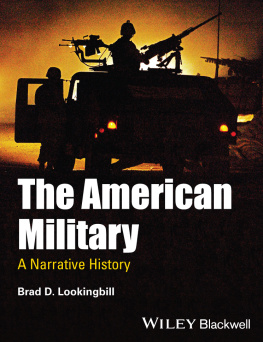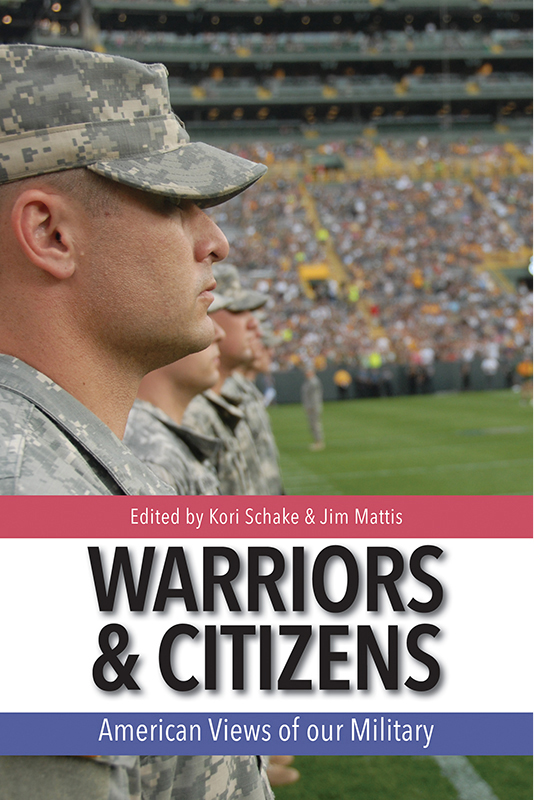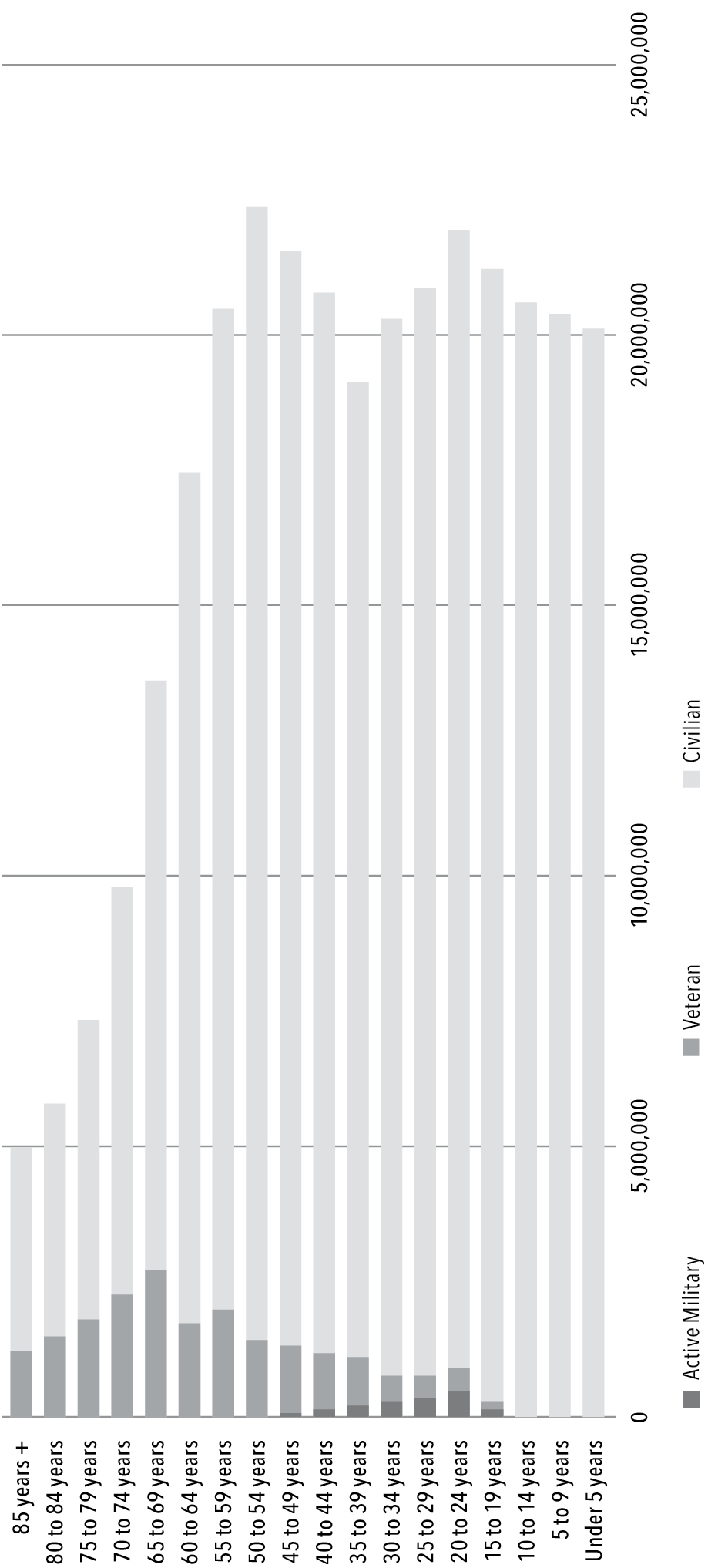
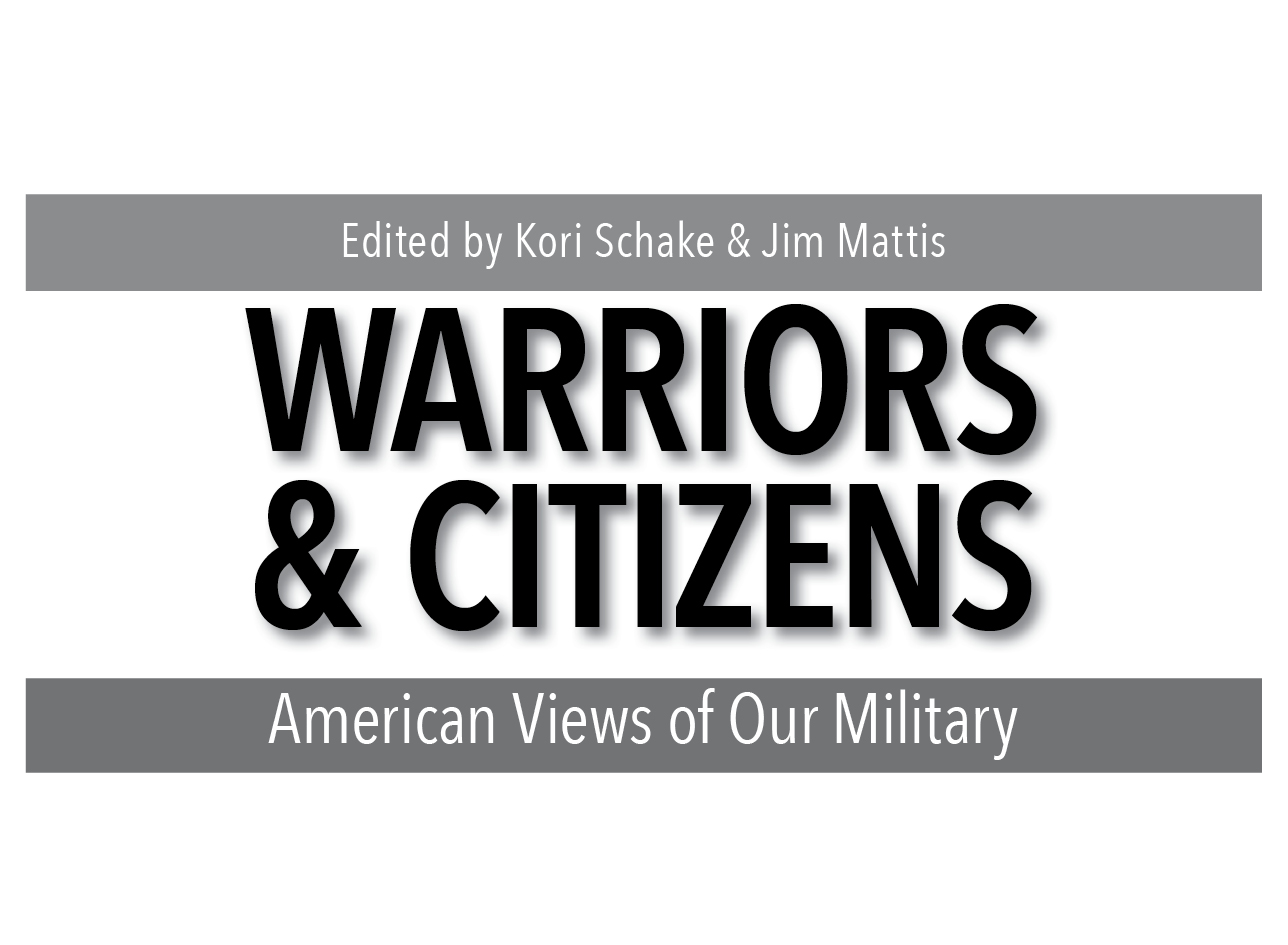
H O O V E R I N S T I T U T I O N P R E S S
STANFORD UNIVERSITY STANFORD, CALIFORNIA
With its eminent scholars and world-renowned library and archives, the Hoover Institution seeks to improve the human condition by advancing ideas that promote economic opportunity and prosperity, while securing and safeguarding peace for America and all mankind. The views expressed in its publications are entirely those of the authors and do not necessarily reflect the views of the staff, officers, or Board of Overseers of the Hoover Institution.
www.hoover.org
Hoover Institution Press Publication No. 667
Hoover Institution at Leland Stanford Junior University,
Stanford, California 94305-6003
Copyright 2016 by the Board of Trustees of the
Leland Stanford Junior University
All rights reserved. No part of this publication may be reproduced, stored in a retrieval system, or transmitted in any form or by any means, electronic, mechanical, photocopying, recording, or otherwise, without written permission of the publisher and copyright holders.
For permission to reuse material from Warriors & Citizens: American Views of Our Military , ISBN 978-0-8179-1934-4, please access www.copyright.com or contact the Copyright Clearance Center, Inc. (CCC), 222 Rosewood Drive, Danvers, MA 01923, 978-750-8400. CCC is a not-for-profit organization that provides licenses and registration for a variety of uses.
Hoover Institution Press assumes no responsibility for the persistence or accuracy of URLs for external or third-party Internet websites referred to in this publication, and does not guarantee that any content on such websites is, or will remain, accurate or appropriate.
Library of Congress Cataloging-in-Publication Data
Names: Schake, Kori N., editor. | Mattis, James N., 1950 editor.
Title: Warriors & citizens : American views of our military /
Kori Schake and Jim Mattis, editors.
Other titles: Hoover Institution Press publication ; 667.
Description: Stanford, California : Hoover Institution Press, Stanford
University, 2016. | Series: Hoover Institution Press publication ; no. 667 |
Includes bibliographical references.
Identifiers: LCCN 2016024317 | ISBN 9780817919344 (cloth : alk. paper) |
ISBN 9780817919368 (epub) | ISBN 9780817919375 (mobi) |
ISBN 9780817919382 (PDF)
Subjects: LCSH: Civil-military relations United States. | United States
Armed Forces Public opinion. | Public opinion United States.
Classification: LCC JK330.W37 2016 | DDC 322/.50973 dc23
LC record available at https://lccn.loc.gov/2016024317
CONTENTS
Kori Schake and Jim Mattis
Rosa Brooks
Mackubin Thomas Owens
Thanks for Your Service: Civilian and Veteran
Attitudes after Fifteen Years of War
Jim Golby, Lindsay P. Cohn,
and Peter D. Feaver
Public Opinion, Military Justice,
and the Fight against Terrorism Overseas
Benjamin Wittes and Cody Poplin
Nadia Schadlow
Testing the Flournoy Hypothesis:
Civil-Military Relations in the Post-9/11 Era
Thomas Donnelly
Tod Lindberg
Matthew Colford and Alec J. Sugarman
Jim Hake
Kori Schake and Jim Mattis
ACKNOWLEDGMENTS
We are grateful to the Hoover Institution and in particular Robert and Marion Oster, who generously funded this project. Scholars could not ask for a more intellectually inviting environment than Stanfords Hoover Institution. It is an organization committed to developing and exploring ideas that define a free society. Few issues matter more to the preservation of a free society than the ability to keep it so, and sustaining a symbiotic relationship between our military and our public in America is essential. Hoovers official title is the Hoover Institution on War, Revolution, and Peace, and the institution commendably invests in serious scholarship on issues of warfare at a time when this is a rarity in academia. Bob and Marion championed this projectin fact, it was they who pulled us into undertaking it.
Our objectives for this project were twofold: to amass and disseminate research on public attitudes about military issues and to draw into the project leading thinkers on civil-military issues to reflect on different aspects of this data. We are deeply indebted to the people who did the real work of this project: the champion pollsters at YouGov and the authors who assessed the vast trove of data and wrote chapters for this book. Doug Rivers, Ashley Grosse, and Joe Williams at YouGov taught a couple of neophytes the basics of designing survey instruments and trained our judgment about where outcomes were consistent with broader trends in public opinion. It should go without saying that any remaining mistakes of survey design and interpretation are our fault, not theirs.
Our sorting criteria for authors was simple: we chose the people we learn from. The process of pleading with busy people long on competing obligations to carve out time to think and write about this subject was, we are still elated to admit, one hundred percent successful. Everyone we hoped might contribute did, an outcome so statistically improbable that we can only attribute it to the greed of smart people to get their hands on new data about an important issue in our field and make a contribution to the understanding of it. We thank them all.
Patrick Cirenza is the finest research assistant we could have hoped for and was a substantive contributor to our thinking about these issues. Curmudgeonly Dave Brady, Stanfords American politics ace, and Bill Whalen were very helpful in looking over the initial data and helping us understand whether we had anything interesting as we developed the second survey.
This book is dedicated to those who have served, serve today, and will serve tomorrow in the military as citizens who have carried the patriots burden and committed all they have to protecting the country.
CHAPTER 1
A Great Divergence?
Kori Schake and Jim Mattis
We initiated this project out of curiosity about whether, after forty years of an all-volunteer force, a small force relative to our overall population, and twelve years of continuous warfare, the American public was losing connection to its military. Our concern was not loss of connection in the sense that preoccupies academic experts on civil-military relations in the United Statesa military insubordinate to civilian control. We saw scant evidence of that in either our policymaking or military experience. Rather, with less than one half of one percent of the American public currently serving in our military (see figure 1.1) and with the high pace of deployments for significant elements of our fighting forces, we were interested in the cumulative effect of having a military at war when the broad swathe of American society is largely unaffected. Whether or not the different experiences of our military and the broader society amount to a gap and whether such a gap is adequately defined seemed worthy areas to delve into.
FIGURE 1.1 United States Civil-Military Population Pyramid
Courtesy of Tim Kane. (Data from United States Census Bureau, Current Population Survey, 2012, http://www.census.gov/population/age/, http://www.census.gov/hhes/veterans/data/, and from Defense Manpower Data Center, 2014 Demographics: Profile of the Military Community, 2014, http://download.militaryonesource.mil/12038/MOS/Reports/2014-Demographics-Report.pdf, p. 35.)


